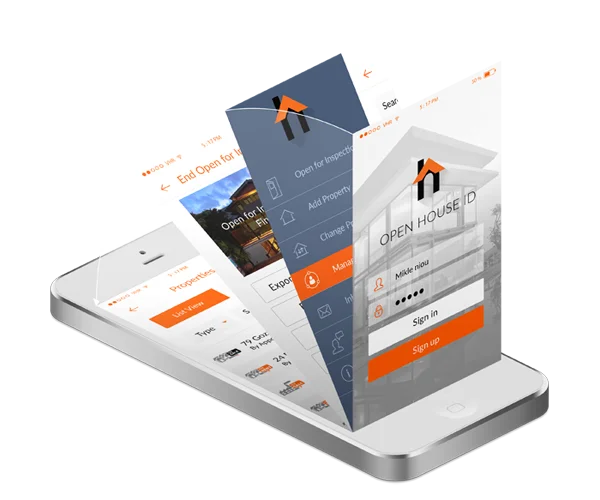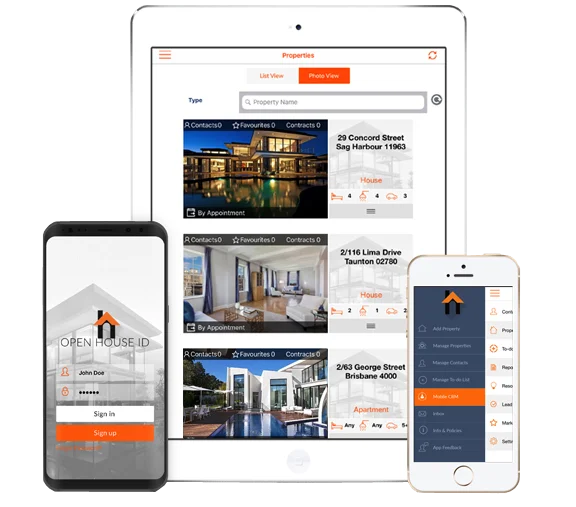
Mobile App Development
Mobile apps are increasingly popular due to the increase in smart phone usage. App is short for ‘application’ – which is another name for a computer program. Mobile apps are programs used to enhance existing functionality, usually in a simple, more user-friendly way, for mobile devices as well as tablets and iPads.
Today’s smartphones come with powerful web browsers, meaning you can do pretty much anything you can do on a desktop computer in a phone’s browser. However, fiddling about with a URL etc on a mobile phone can still be awkward which is why many online sites and services now go down the app option so that everything is simpler and quicker to open and use.
Apps can build loyalty, increase revenue and business with targeted marketing strategies, integrate with 3rd party software and even disrupt entire industries with new ideas and technology.
Different Types of Apps
Simple Apps (3 or 4 screens only with basic functions e.g. recipe book)
Database Apps (if information needs to be stored, or saved or synced)
Multi-Feature/Enterprise Apps (like Facebook or Basecamp)
Games (which require high quality user experience, storyboards and mechanics that hook the user).
Price and time ranges to develop all these options vary accordingly.
Development Strategies
When building your app, one of the first decisions is how it will be developed. Don’t worry about the technical details. We guide you toward the right option based on your goals, timeline and budget.
Native Apps
Native apps are built specifically for iPhone or Android. This is the premium approach and delivers excellent performance, smooth user experience and full access to device features.
If your app requires advanced functionality or high performance, native is the gold standard. However, because separate versions are built for each platform, it involves more time and cost.
Cross-Platform Apps
For most businesses, cross-platform development is a practical and cost effective solution. Using frameworks like React Native, we write one core code base that works on both iPhone and Android.
This allows you to launch faster and reduce development costs, while still delivering a strong, professional app experience. It’s the approach most of our clients choose today.
The Right Fit for Your Business
There is no one size fits all solution. We explain your options clearly and help you choose the strategy that makes sense for your business and your budget.
HotsWots Digital development team can turn your idea into a fully functional, attractive app.

